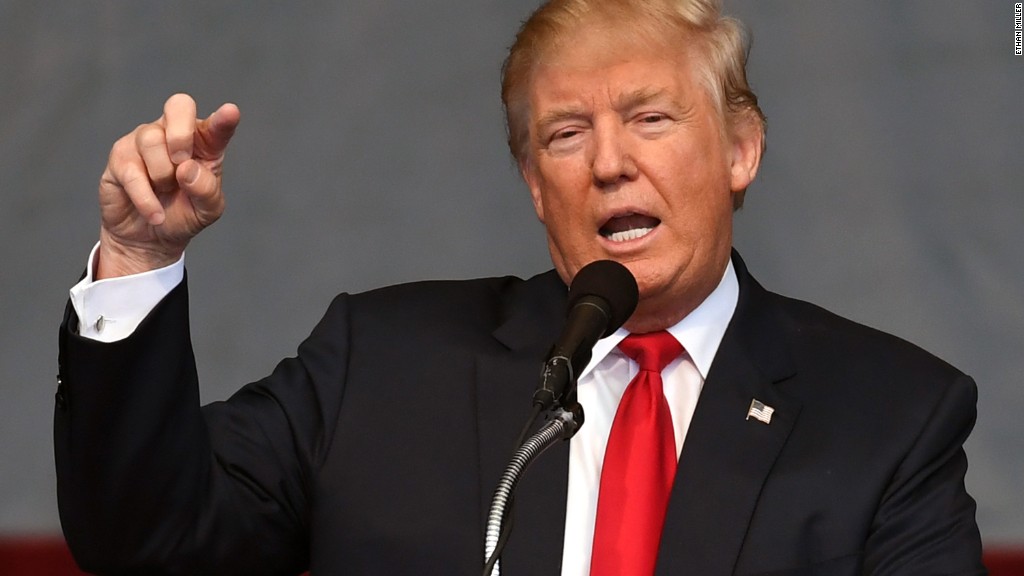
Voters in Switzerland have surprised the political establishment by rejecting a reform plan that aimed to align the country’s corporate tax system with international standards.
The tax reforms, which had widespread support from the business community, sought to eliminate special low-tax privileges that had enticed many multinational corporations to establish operations in Switzerland.
Experts believe that the future of Switzerland’s tax system is now uncertain. The outcome of the vote could lead to difficulties for companies that were relying on the reforms, as well as deterring businesses that were considering relocating to the country.
“They do not know what [tax] measures will be available… That is not a very solid basis for making investment decisions,” said Peter Uebelhart, head of tax at KPMG in Switzerland, in a video statement.
Switzerland has faced increasing pressure from G20 and OECD nations to reform its tax system. Failure to do so by 2019 could result in the country being “blacklisted” by other nations.
Many voters rejected the tax reform package out of concerns that it could reduce government revenue, potentially leading to tax increases for the middle class, according to Stefan Kuhn, head of corporate tax at KPMG in Switzerland. The current tax system provides preferential treatment to some companies with significant overseas operations, which international tax authorities argue amounts to unfair corporate subsidies.
Martin Naville, head of the Swiss-American Chamber of Commerce, suggested that voters may not have fully understood the complexities of the proposed reforms. The measures were rejected by 59% of voters.
“I think it’s a very bad day for Switzerland,” Naville stated. “Clearly, the uncertainty and the credibility of the Swiss [system] have taken a major blow.”
Related: How Europe’s elections could be hacked
The Swiss authorities have stated that they will swiftly develop an alternative tax reform proposal. Naville expressed hope that new rules would be devised within the next few months.
“All stakeholders now have to take responsibility to develop an acceptable competitive tax system, and to regain credibility regarding the famed political stability which gave Switzerland such an advantageous position,” he added in a statement.
Naville also hinted that potential tax reforms in the U.S. and the U.K. could entice Swiss-based companies to relocate, further pressuring Switzerland’s tax base.
CNNMoney (London) First published February 13, 2017: 10:10 AM ET










